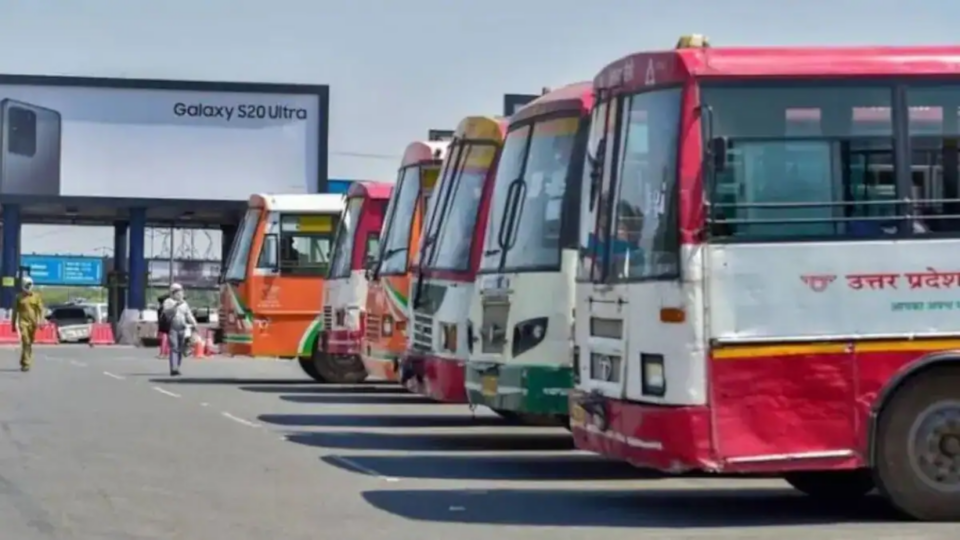
Facts About PNR Status: Know your Passenger Name Record
When we book our ticket on one of the Indian Railways, we get a ticket along with a PNR number. Initially, this number was found on the top centre or top left corner of the ticket. But with the technological advancements, we have shifted to digital tickets but there has been no change in the PNR and its use.

Let us know why a PNR number of the ticket is so important that it stayed intact even after so much technological advancements.
What is PNR?
PNR is expanded as Passenger Name Record which is a 10 digital number found on our ticket be it physical or digital. A unique PNR is allocated to every ticket we book with Indian Railways which stores all the critical information about the passengers. You can book up to 6 seats on a single PNR number so that particular number will have all the information about those 6 people. In case you are making your booking in Tatkal quota, then you can book up to 4 seats on a single PNR.
Six Facts You Should Know About PNR
We learned PNR stores a lot of information about the passengers who have booked their tickets on it. Let us see what that information is along with the other information that we can get from our PNR.
1. PNR reveals the Passenger Reservation System (PRS)
The first three numbers of the PNR discloses the information about the Passenger Reservation System (PRS) which is the source station where the ticket was booked. So, if you are booking your ticket from New Delhi PRS, then your PNR number will start with either 2 or 3 since it is the code of the respective station.
2. Random Numbers in the PNR
The rest of the seven numbers are generated randomly by the system which does not reveal any kind of information. These numbers ensure that it differentiates the particular booking from the rest of the thousands of the bookings happening in the country.
3. Validity and Record of PNR
The validity of the PNR is active as long as the passenger is in the middle of the journey. As soon as the journey is completed, the PNR number expires and becomes null. However, the Indian Railways keeps a record of the PNR number in its system for 9 months. Once this time is complete, the system automatically flushes the PNR number and the record associated with it.
4. Details in PNR
This unique 10 digit codes stores the following information of the passenger:
- Passenger details ( Name, Age, Sex, Date of Birth)
- Ticket details (Date of Journey, Source Station, Destination Station, Berth Number, Quota, ID Proof Numbers, Class of the Booked Ticket etc.)
- Transaction details
5. Types of Code Displayed While Inquiring PNR Status
PNR displays certain codes which tells us about the reservation status of our booking and here are the codes along with their full forms:
- CNF- Confirmed
- RAC- Reservation Against Cancellation: Single seat is allotted to two people. Then a separate berth is allotted to both the passengers when available.
- WL- Waiting List: Ticket will get confirmed once a passenger cancels his or her reservation.
- GNWL- General Waiting List: Chances of confirmation are high.
- PQWL- Pooled Quota Waiting List: Ticket is booked from the origin station to or from any intermediate station.
- RLWL – Remote Location Waiting List: Ticket is booked between two important intermediate stations.
- TQWL- Tatkal Quota Waiting List: Tickets booked in Tatkal quota are on the waiting list.
- NOSB – NO Seat Berth: Ticket booked for a child under 11 years old.
6. PNR Confirmation Prediction
With technological advancement, you can now get your PNR confirmation predictions online. Indian Railways have adopted digitalisation in its whole form along with the latest AI and machine learning language which helps the users get predictions on the confirmation of their seats.
Also Read:
How To Check IRCTC PNR Status Online?



